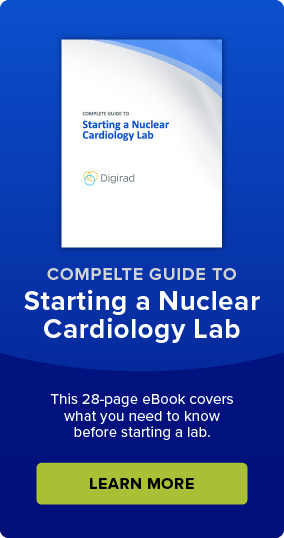While there are many variables to consider when partnering with a cardiac monitoring service, the reading expertise of the clinical staff is one of the most important.
Cardiac monitoring services that employ registered nurses offer an undeniably higher level of readiness to their customers and their patients. Their expertise allows them to serve as an extension of the physician as they ask critical questions, provide comprehensive care, and a more holistic approach.
In many cases, seasoned registered nurses, leveraging their experience, has been instrumental in identifying subtle but serious signs that may have easily been overlooked.
Preventing unnecessary procedures
For example, a particular case reported a patient was presenting a complete heart block, which was clearly cause to notify the physician. The patient was immediately directed to the emergency room in anticipation of surgery to implant a pacemaker.
A monitoring staff nurse who was familiar with this particular patient noticed that he had taken a double dose of a calcium channel blocker that works by relaxing the muscles of the heart and blood vessels. She notified the physician, who cancelled his prior instruction for the patient to head to the emergency room and instead, discontinued the medication. The next day, the patient returned to normal sinus rhythm.
This example was a situation where the nurse was able to provide information that helped prevent unnecessary treatment. In other instances, registered nurses are able to identify arrhythmias and triage patients who required an implantable device or other treatment, potentially eliminating an emergency response. Their expertise works both ways and across the full spectrum of care.
A full spectrum of benefits
In addition to the health considerations, the nurse who noticed the double dose of medication prevented a costly hospital visit for the patient. Even with health insurance, the patient would have most likely incurred a copayment, and the healthcare system would have incurred an unnecessary cost as well.
Most of the interactions between patients and the monitoring service take place over the phone. Cardiac trained nurses are experts at listening for shortness of breath, difficulty talking, wheezing, rales and other signs that are not instantly visible on an electrocardiogram. Combining what they can see on an EKG with the information they gain while talking to a patient can make all the difference.
All notifications from a monitoring service are potentially life saving. Given the critical nature of the data, a registered nurse who can more easily piece together a patient’s story, process it, and act quickly on that data is the highest level of care a monitoring service can provide.



